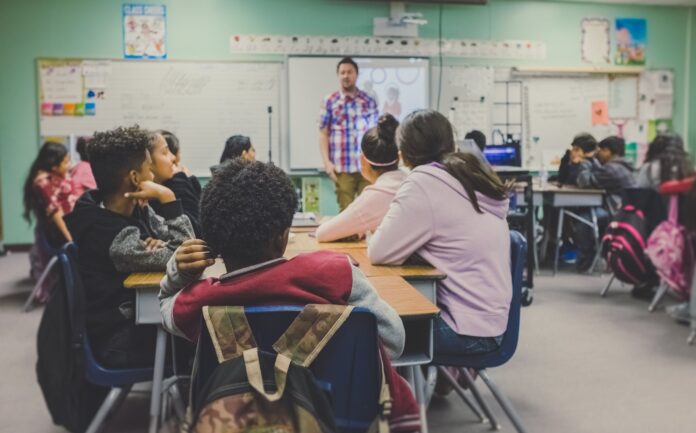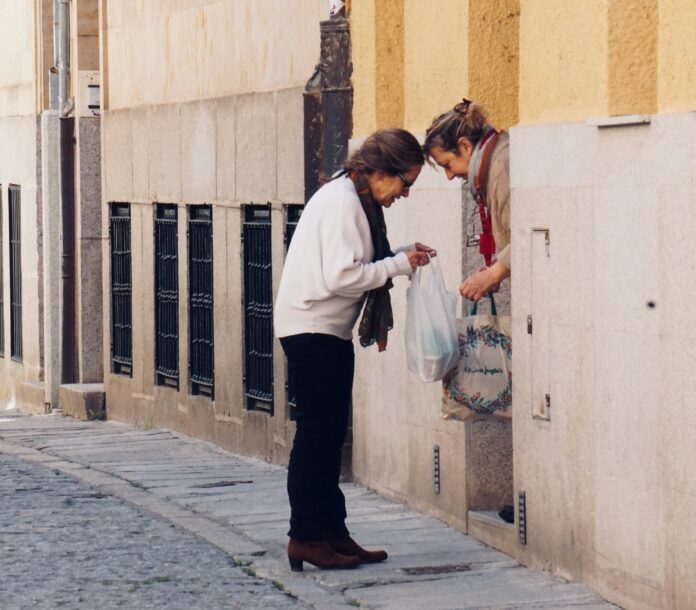A new study highlights a transformative resource for public health: the unprecedented wave of COVID-19 oral history archives collected since the start of the pandemic.
Authors Associate Professor Emma Tsui, Adjunct Associate Professor J. Robin Moon, Ferguson Fellow Riki H.S. Eijima, and colleagues urge public health professionals to harness these deeply personal narratives to address contemporary challenges like emergency preparedness, health equity, and the rebuilding of public trust.
The study published in the International Journal of Qualitative Methods details more than a dozen diverse U.S.-based oral history projects, including national efforts such as the National Humanities Center’s COVID-19 Oral History Project, regional initiatives like “Locked Down: An Oral History of the COVID-19 Pandemic in West Virginia,” and population-focused archives such as “Voces of a Pandemic.”
These collections, comprising thousands of interviews across video, audio, and transcripts, serve as invaluable qualitative datasets documenting lived experiences of marginalized groups, health care workers, and entire communities.
The authors propose three key pathways for using COVID-19 oral history archives: research, teaching, and public engagement. By analyzing these archives, researchers can uncover nuanced insights into trust, grief, and support systems during the pandemic—especially among populations disproportionately affected by COVID-19.
For educators, integrating these stories into curricula can foster empathy and critical thinking in future health professionals. Public engagement initiatives, such as listening events and interactive exhibits, are also encouraged to facilitate narrative change and support policy reforms that advance health equity.
“Listening is a critical skill in our field, but is currently underdeveloped,” says Dr. Tsui. “Oral history archives give us a chance to grow this skill and to translate listening into responsive, innovative public health practice. We see great potential in projects rooted in these archives.”
The researchers stress that these archives are a rich source of knowledge that can help seed more equitable approaches to current and future public health crises. They call for interdisciplinary collaboration to maximize the value of oral histories, and encourage thoughtful evaluation of the impact of oral histories on trust, preparedness, and health outcomes moving forward.
More information:
Emma K. Tsui et al, Using COVID-19 Oral History Archives to Support Equitable and Creative Solutions to Contemporary Public Health Challenges, International Journal of Qualitative Methods (2025). DOI: 10.1177/16094069251360318
The City University of New York
Citation:
COVID-19 oral history archives offer roadmap for equitable public health solutions (2025, August 26)
retrieved 26 August 2025
from https://medicalxpress.com/news/2025-08-covid-oral-history-archives-roadmap.html
This document is subject to copyright. Apart from any fair dealing for the purpose of private study or research, no
part may be reproduced without the written permission. The content is provided for information purposes only.


